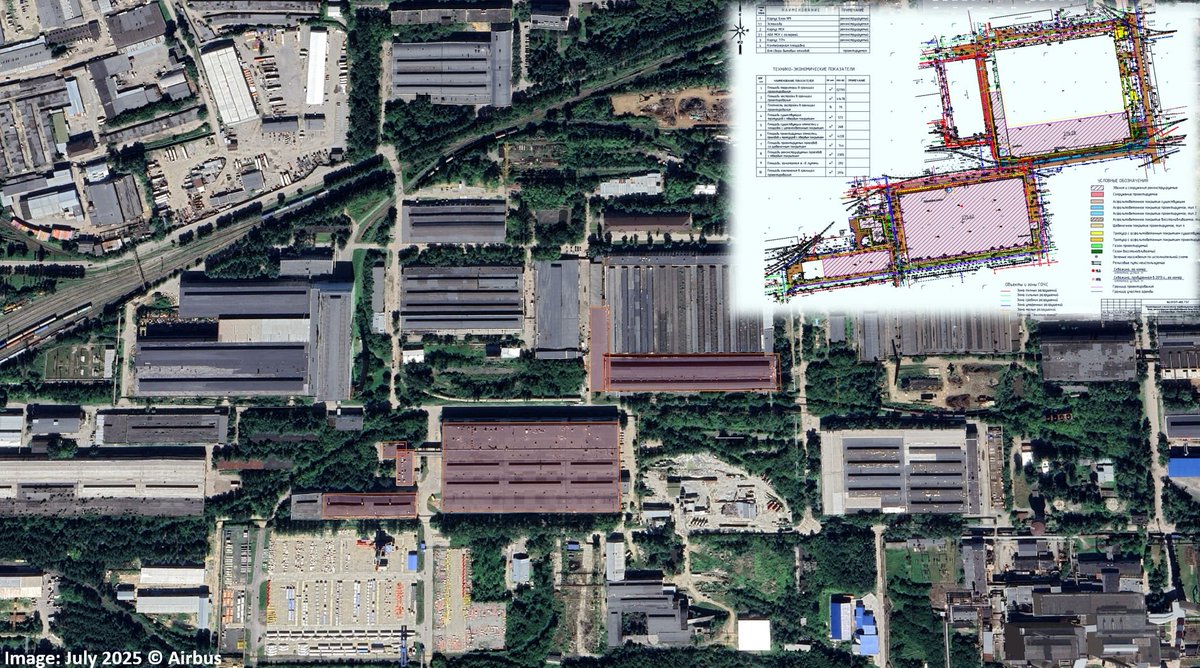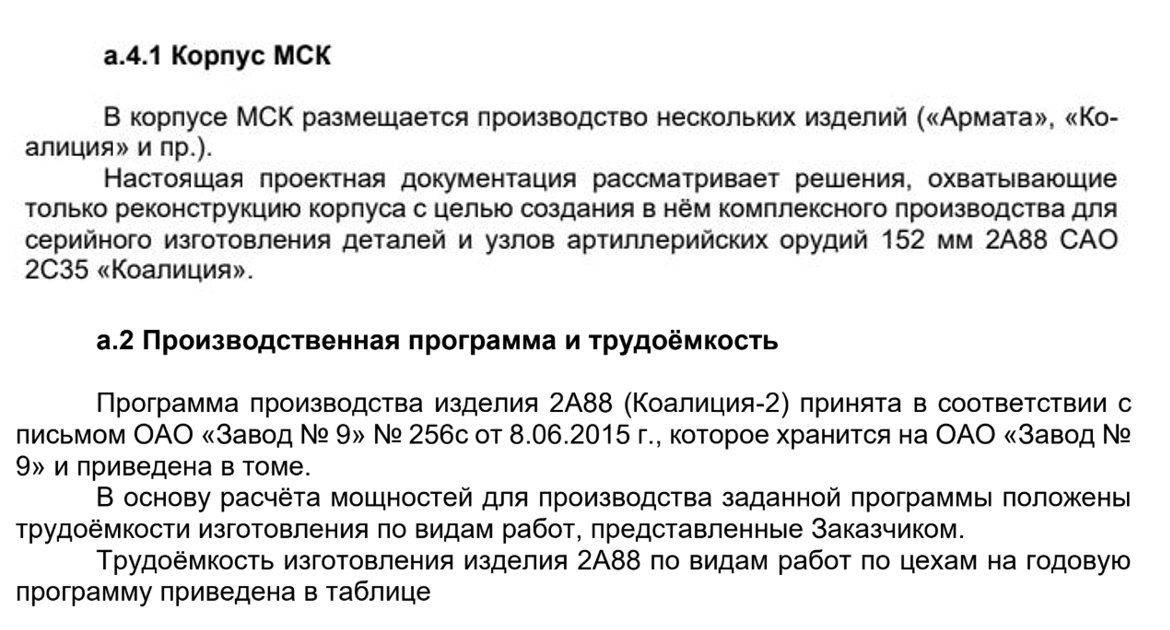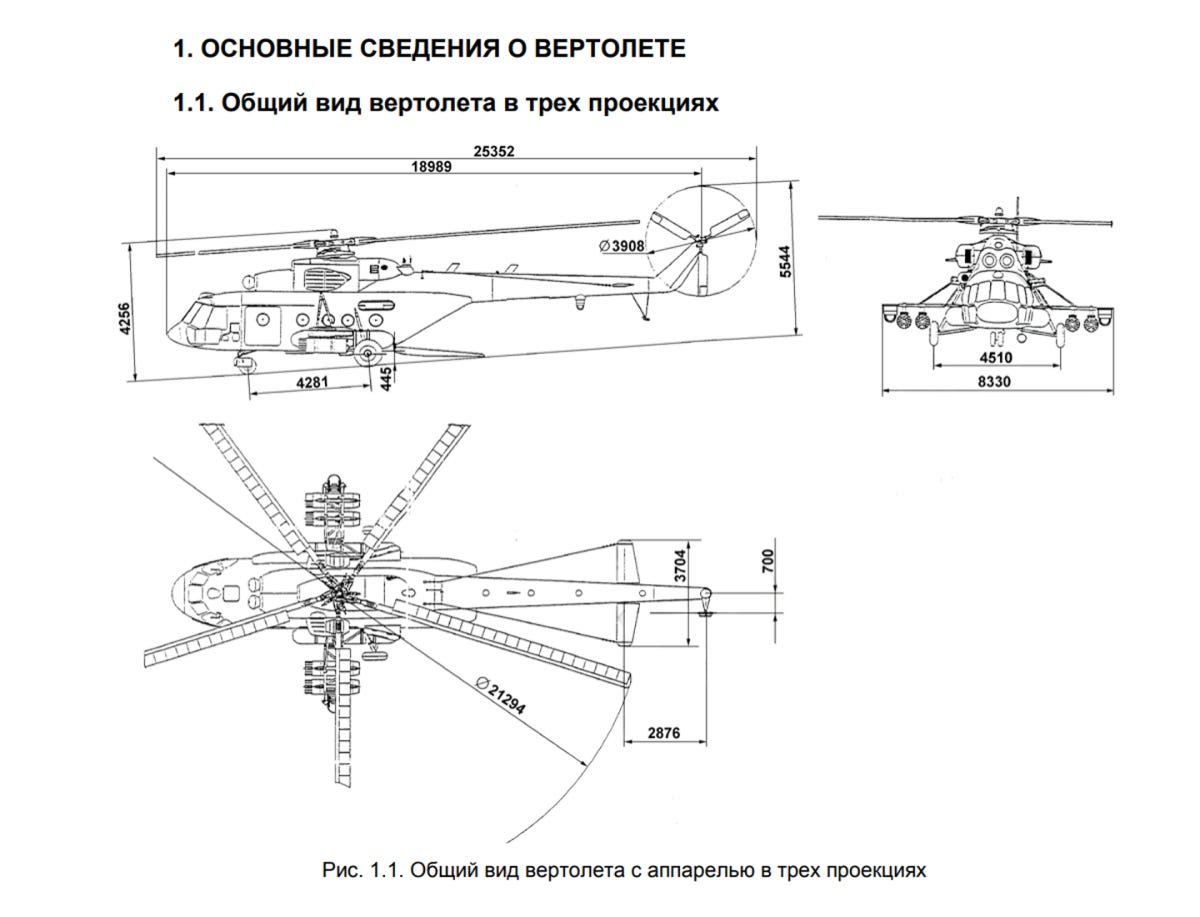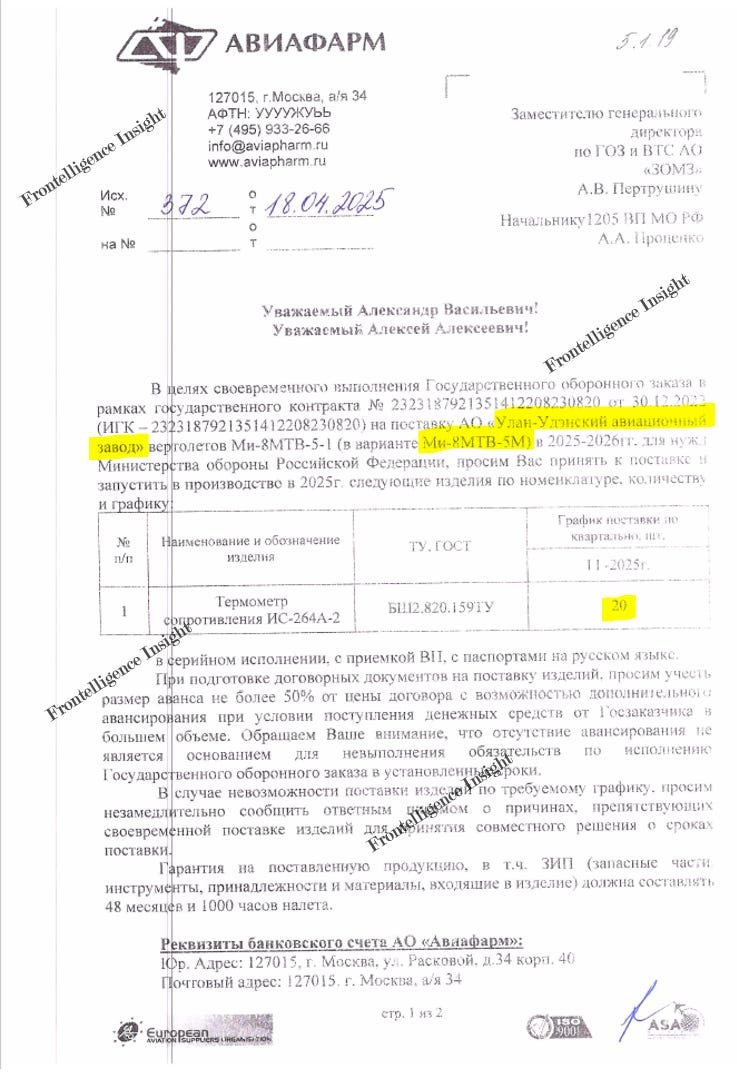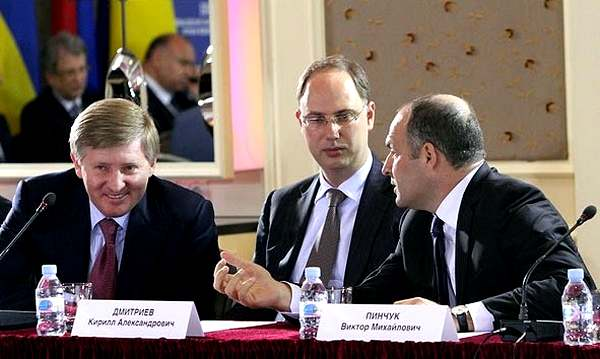As our troops advance towards the primary line of defense south of Staromlynivka, whether they proceed directly or choose to breach the line elsewhere, I'd like to share some information about the defenses and other hidden challenges of the current situation.
🧵Thread:
🧵Thread:

2/ While obstacles can be effectively bypassed using mine-clearing vehicles, bulldozers, mine plows, and other engineering equipment, it becomes challenging to do so with the presence of drones that provide real-time corrections to artillery fire and alert ATGM/helicopter teams. 
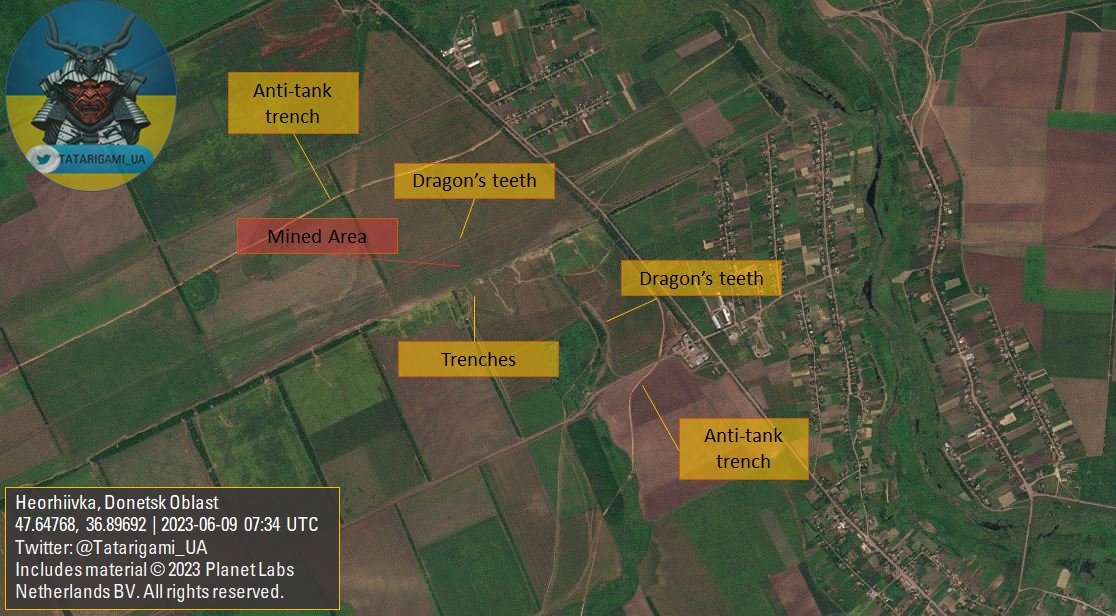
3/ In anticipation of the AFU potentially capturing settlements on the flank, the enemy has deployed additional defensive systems, including anti-tank ditches, mines, and infamous dragon's teeth. These measures are implemented to hinder flanking maneuvers by the AFU. 
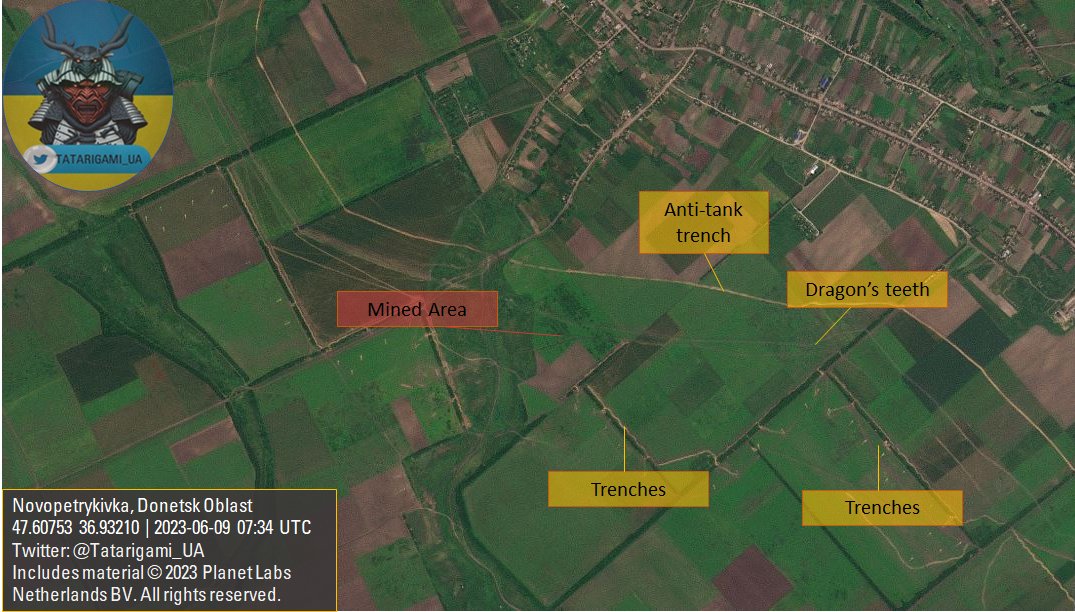
4/ While trenches and obstacles play role, the key consideration lies in the enemy's available manpower and resources deployed in the area. Observers often overlook details such as the vulnerability of the area of responsibility between two units or unit's combat readiness
5/ It may seem counter-intuitive, but we are unlikely to witness adequately equipped or manned vehicle revetments and trenches here. Despite the russians following textbook requirements for defenses, in practical terms, I have not observed orthodox troop deployment 
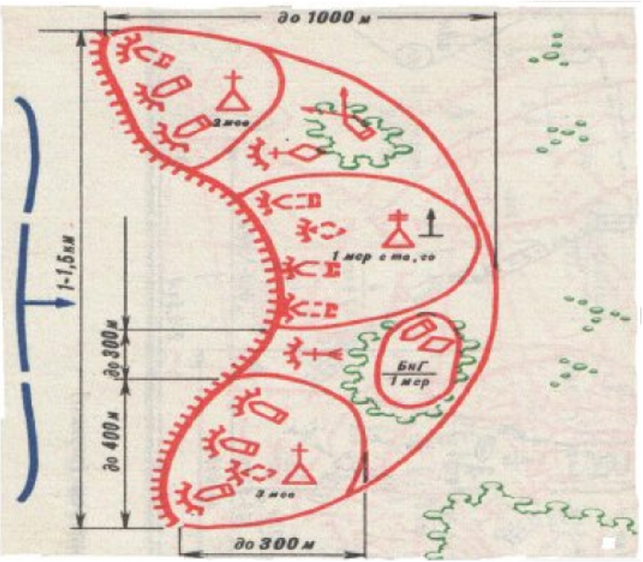
6/ Instead of deploying conventional linear defenses as outlined in textbooks, the enemy opts for smaller units such as squads positioned in tree lines, buildings, or other locations that provide concealment from satellites and drones, while also offering basic protection.
7/ An often overlooked aspect of the offensive is the success ratio of Ukrainian ranged targeting of russian troops, command centers, and logistics. This factor plays a key role in determining the outcome of the offensive, even though it may not be immediately observable
8/ Independent observers can't track progress solely by looking at maps. As a result, a "breakthrough" or its absence can seem random. Operational success isn't just capturing positions, but also maintaining momentum and advancing after breaching enemy defenses.
9/ It's essential to recognize that if Ukraine successfully breaches enemy defenses and gains momentum in its advance, it will be a remarkable achievement in modern military history. This feat would entail overcoming a major military power, even in the absence of air superiority 

10/ Despite internal conflicts and limitations in strategic assault capabilities, the Russian army remains a formidable adversary. To ensure victory in any upcoming battle next year, preparations need to start tomorrow, if not today
11/ @RALee85 and @KofmanMichael in their article for FP, emphasize the need for the West to focus on a long-term strategy rather than solely on counter-offensive: “history shows that wars are difficult to end and often go on well beyond the decisive phases of fighting" 
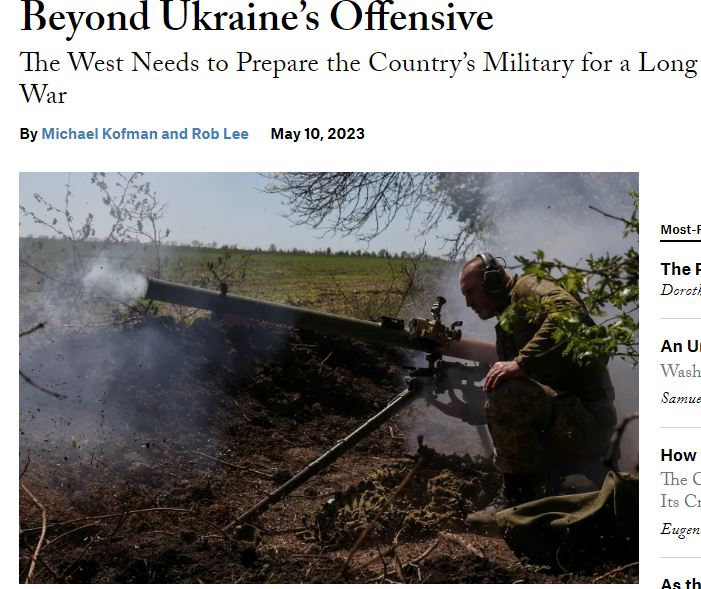
12/ Considering recent news of russia bypassing sanctions and successfully restoring its pre-war import levels of microchips and electronics, I think that we cannot build a strategy that relies on a black-swan event that would abruptly defeat Russia and bring an end to the war. 

13/ To prevent prolonged war, Ukraine must address negative Soviet legacy issues. Simultaneously, the West should bolster military aid and production. Western equipment has been proven to save lives of our soldiers, a major element for achieving victory.
• • •
Missing some Tweet in this thread? You can try to
force a refresh



